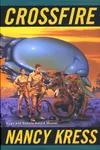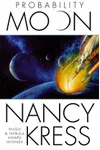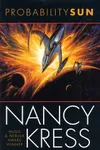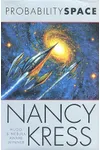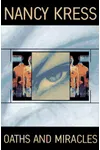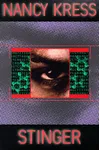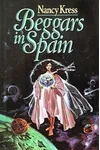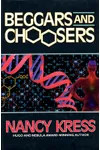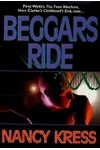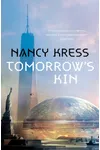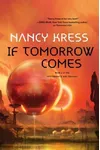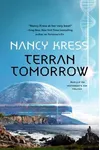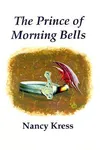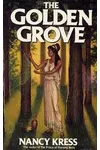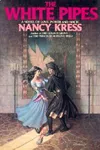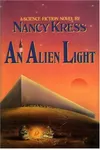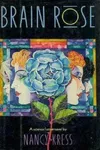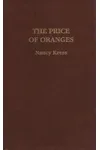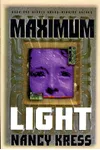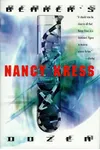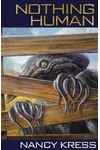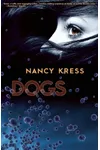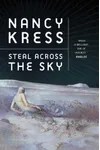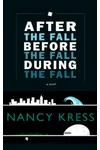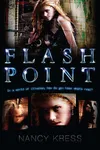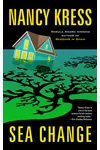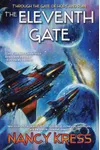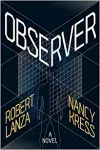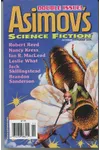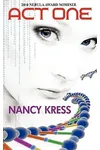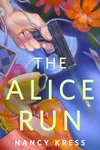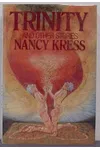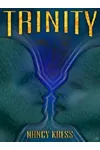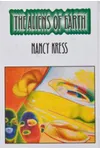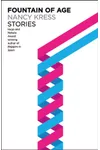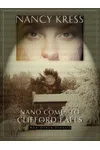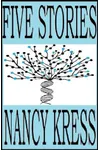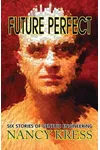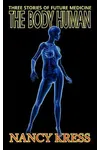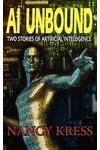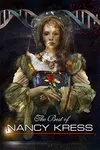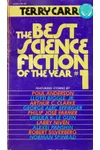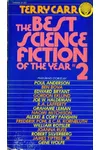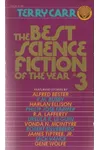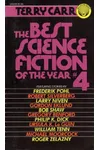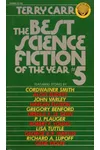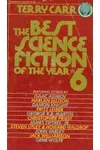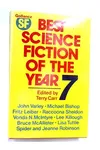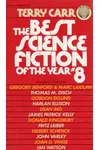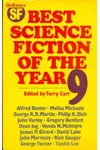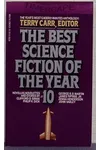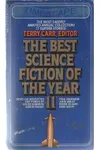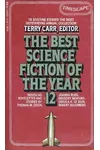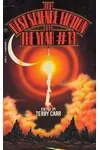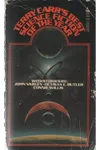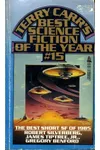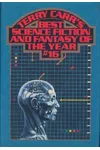Picture a storyteller who spun tales of sleepless humans and alien encounters, blending hard science with heart—meet Nancy Kress! Born in 1948, this American science fiction author has captivated readers with her Hugo- and Nebula-winning novella Beggars in Spain, a visionary dive into genetic engineering and societal divides. With a knack for making the future feel thrillingly real, Kress’s stories are a must-read for sci-fi fans.
From her early days in upstate New York to her status as a genre icon, Kress’s journey is as fascinating as her fiction. Her work, grounded in meticulous research, explores what it means to be human in a world of biotech and AI, all delivered with a storyteller’s flair.
The Making of Nancy Kress
Nancy Anne Koningisor was born on January 20, 1948, in Buffalo, New York, and raised in the pastoral town of East Aurora. A bookworm who roamed woods and dreamed up stories, she earned an M.A. in English from SUNY Plattsburgh. After teaching fourth grade and working in advertising, Kress began writing fiction while pregnant with her second son in the late 1970s. Her first novel, The Prince of Morning Bells (1981), marked her as a fantasy talent, but science fiction soon became her true calling.
Nancy Kress’s Unforgettable Stories
Kress’s breakthrough came with Beggars in Spain (1991), a novella that won both Hugo and Nebula awards before expanding into a novel and trilogy. It follows Leisha Camden, a genetically modified ‘Sleepless’ who never needs rest, exploring themes of inequality and human potential. Her Probability series, starting with Probability Moon (2000), blends anthropology and physics in a tale of alien contact and perception. Yesterday’s Kin (2014), another Nebula winner, tackles family dynamics amid an alien warning of cosmic disaster. Kress’s hard science fiction shines through her invented technologies like ‘genemod’ and ‘foamcast,’ grounded by her extensive research and love for ballet, which weaves elegance into her prose.
Her short stories, collected in works like The Best of Nancy Kress (2015), are equally lauded, with pieces like ‘Fountain of Age’ and ‘The Erdmann Nexus’ earning Nebula and Hugo honors. Kress’s style—technically precise yet emotionally resonant—makes complex science accessible, inviting readers to ponder ethical dilemmas in near-future worlds.
Why Nancy Kress Matters
Nancy Kress’s impact on science fiction lies in her ability to humanize cutting-edge science. Her stories don’t just predict technological advances; they probe their moral and social ripples, influencing writers and readers to think critically about genetic engineering and AI. A regular at Clarion Workshops and a former columnist for Writer’s Digest, Kress has shaped aspiring authors through teaching and books like Beginnings, Middles, and Ends. Her work, translated into two dozen languages (including Klingon!), continues to inspire global audiences.
- Born: January 20, 1948, Buffalo, New York
- Key Works: Beggars in Spain, Probability Moon, Yesterday’s Kin
- Awards: Six Nebulas, two Hugos, Sturgeon, John W. Campbell Memorial
- Fun Fact: Kress lives in Seattle with her husband, writer Jack Skillingstead, and their Chihuahua, Pippin.
Snag Beggars in Spain and dive into Nancy Kress’s thrilling, thought-provoking sci-fi today!
